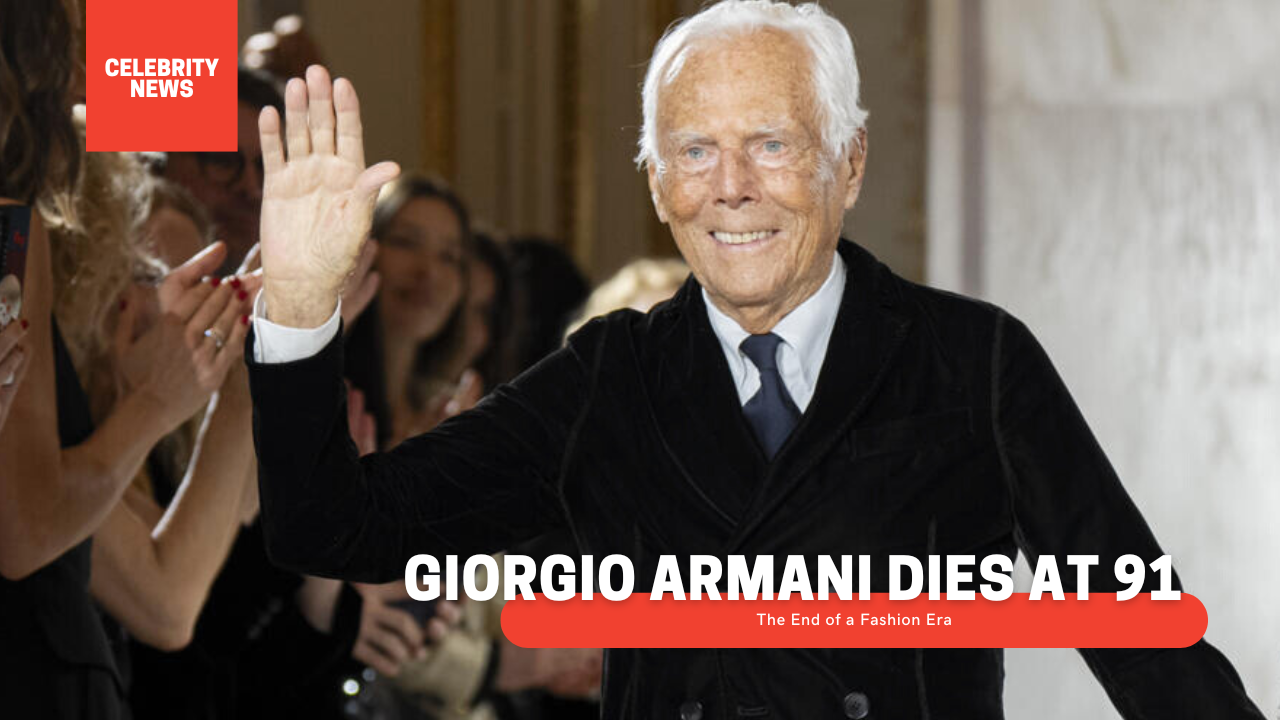Swedish electronic dance music, one of the world’s biggest music stars, DJ Avicii died in Oman at the age of 28. About his death reported his publisher.
His publisher also did not give details of how Avicii died.
Avicii’s club anthems include Wake Me Up, Levels, and recently, Lonely Together with Rita Ora.
His representative said in a statement: “It is with profound sorrow that we announce the loss of Tim Bergling, also known as Avicii.
“The family is devastated and we ask everyone to please respect their need for privacy in this difficult time.”
No cause of death was announced, and Avicii’s representative said no further statements would be issued.
Avicii, who reportedly made $250,000 (£180,000) a night on tour, had struggled with some health issues in the past, having his gall bladder and appendix removed in 2014.
He announced his retirement from touring in 2016, partly because of the health problems.
“I know I am blessed to be able to travel all around the world and perform, but I have too little left for the life of a real person behind the artist,” he said at the time.
His representative said in a statement: “It is with profound sorrow that we announce the loss of Tim Bergling, also known as Avicii. He was found dead in Muscat, Oman, this Friday afternoon local time, 20 April.
“The family is devastated and we ask everyone to please respect their need for privacy in this difficult time. No further statements will be given.”
DJ Calvin Harris tweeted: “Devastating news about Avicii, a beautiful soul, passionate and extremely talented with so much more to do. My heart goes out to his family. God bless you Tim x.”
The DJ, who was born in Stockholm, was regularly ranked in the top five of Forbes’ list of highest-paid DJs before his retirement. In 2012, he became the first electronic musician to headline New York’s esteemed Radio City Music Hall.
In a 2017 interview with Rolling Stone, Avicii reflected on his decision to stop touring, explaining how multiple hospitalizations and life on the road began to take their toll. “None of us today can handle our emotions – most of us are running around being reactive,” he said.
“That’s why I had to stop touring, because I couldn’t read my emotions the right way. The whole thing was about success for the sake of success. I wasn’t getting any happiness anymore.”
Related articles:
Sources: The Guardian and BBC






